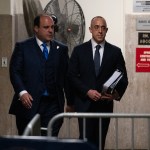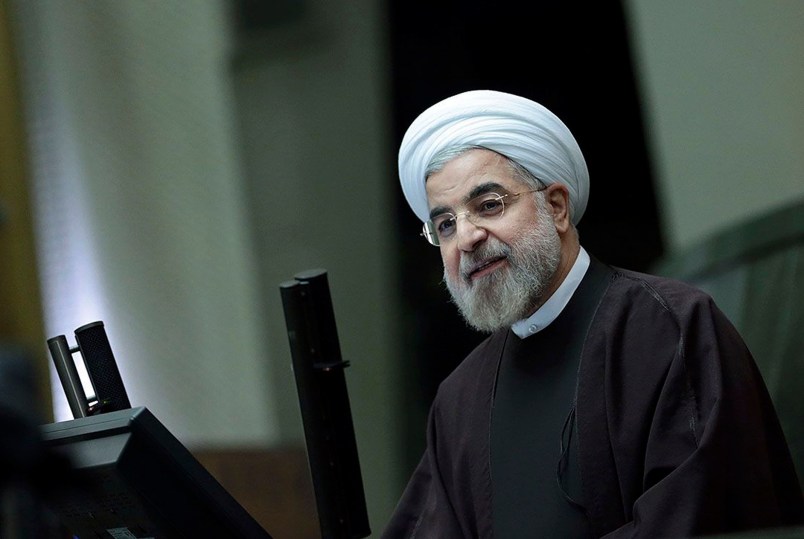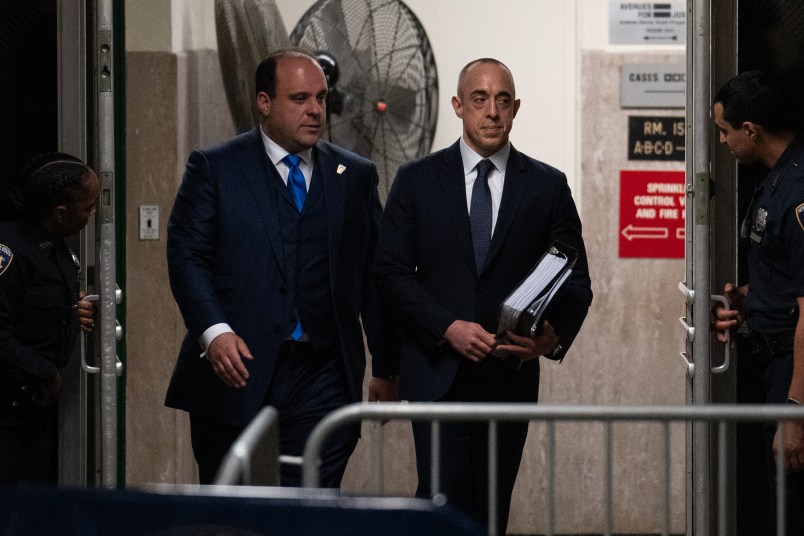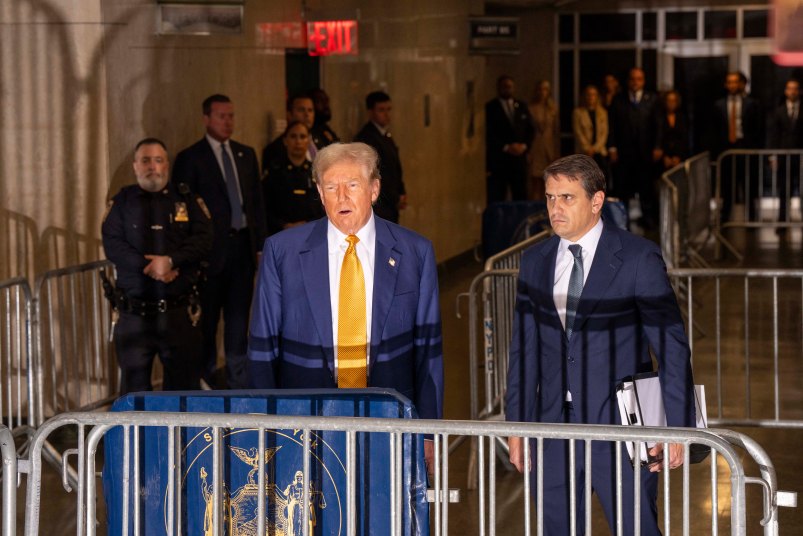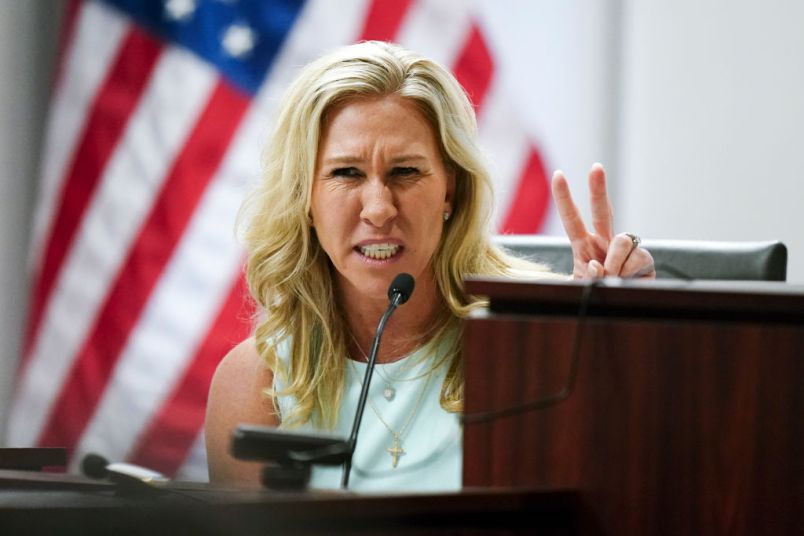TEHRAN, Iran (AP) — Iran’s nuclear chief says the Islamic Republic has not begun using a new generation of centrifuges for enriching uranium after striking a deal to ease sanctions with world powers, state television reported Sunday.
The report quoted Ali Akbar Salehi as saying that Iran decided not to put 1,000 new devices installed months ago online because of the November deal. However, Salehi reiterated statements made earlier this week that his engineers are building and testing even newer generations of centrifuges.
“We have two types of second-generation centrifuges,” he said. “We also have future generations which are going through their tests.”
The claim appeared partly aimed at countering criticism from hard-liners over the deal, in which Iran agreed to cap its nuclear activities in return for an easing of sanctions. Talks on details of the deal will resume Monday.
Also Sunday, senior Iranian nuclear negotiator Abbas Araghchi said the talks Monday will last only a single day. Speaking to reporters, Araghchi also said a parliamentary proposal that would force the government to increase uranium enrichment to 60 percent if new sanctions are imposed must be implemented if it is approved. The proposal is viewed as a response to a U.S. Senate plan to impose more sanctions on Iran.
“The decision is up to the parliament,” said Araghchi, who also serves as a deputy foreign minister.
Lawmakers proposed the bill Wednesday and so far some 200 lawmakers reportedly have endorsed it. It has yet to be put on parliament agenda.
The sanctions revolve around Iran’s nuclear program, which Western powers believe could allow the country to build an atomic weapon. Iran denies that its nuclear program has a military dimension, instead saying its nuclear activities are for peaceful purposes like power generation and medical treatment.
Copyright 2013 The Associated Press. All rights reserved. This material may not be published, broadcast, rewritten or redistributed.


